

New Zealand is increasing cooperation with Australia in the Pacific: From left, NZ Defence Minister Judith Collins, Australia Defence Minister Richard Marles, New Zealand Foreign Minister Winston Peters, and Australia Foreign Minister Penny Wong held talks in Melbourne last February.
Photo/Ben McKay
NZ’s foreign aid reset to focus on 'fewer, bigger, better' projects
A review of our foreign aid programme will see increased support for global and humanitarian efforts, with the Pacific region remaining a priority.

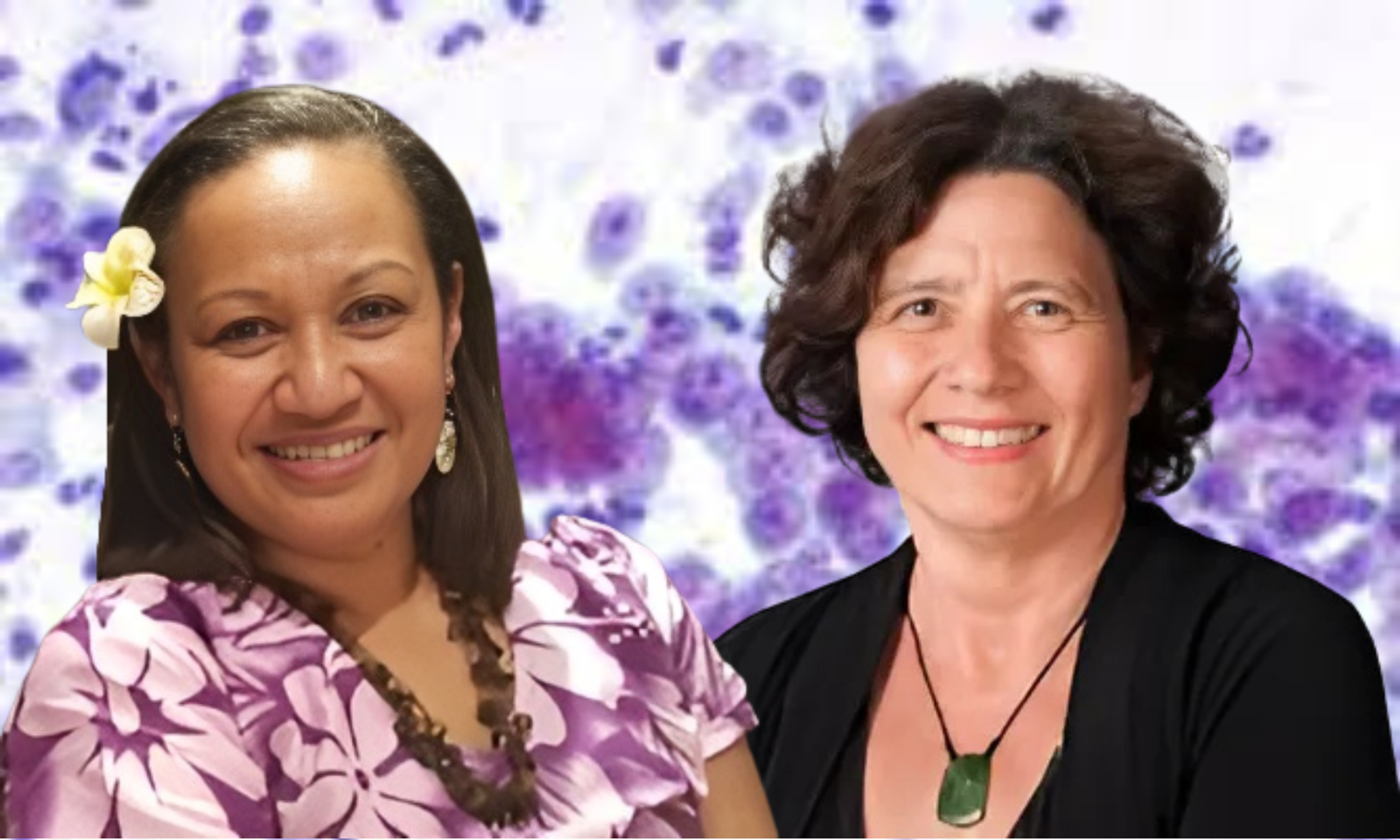

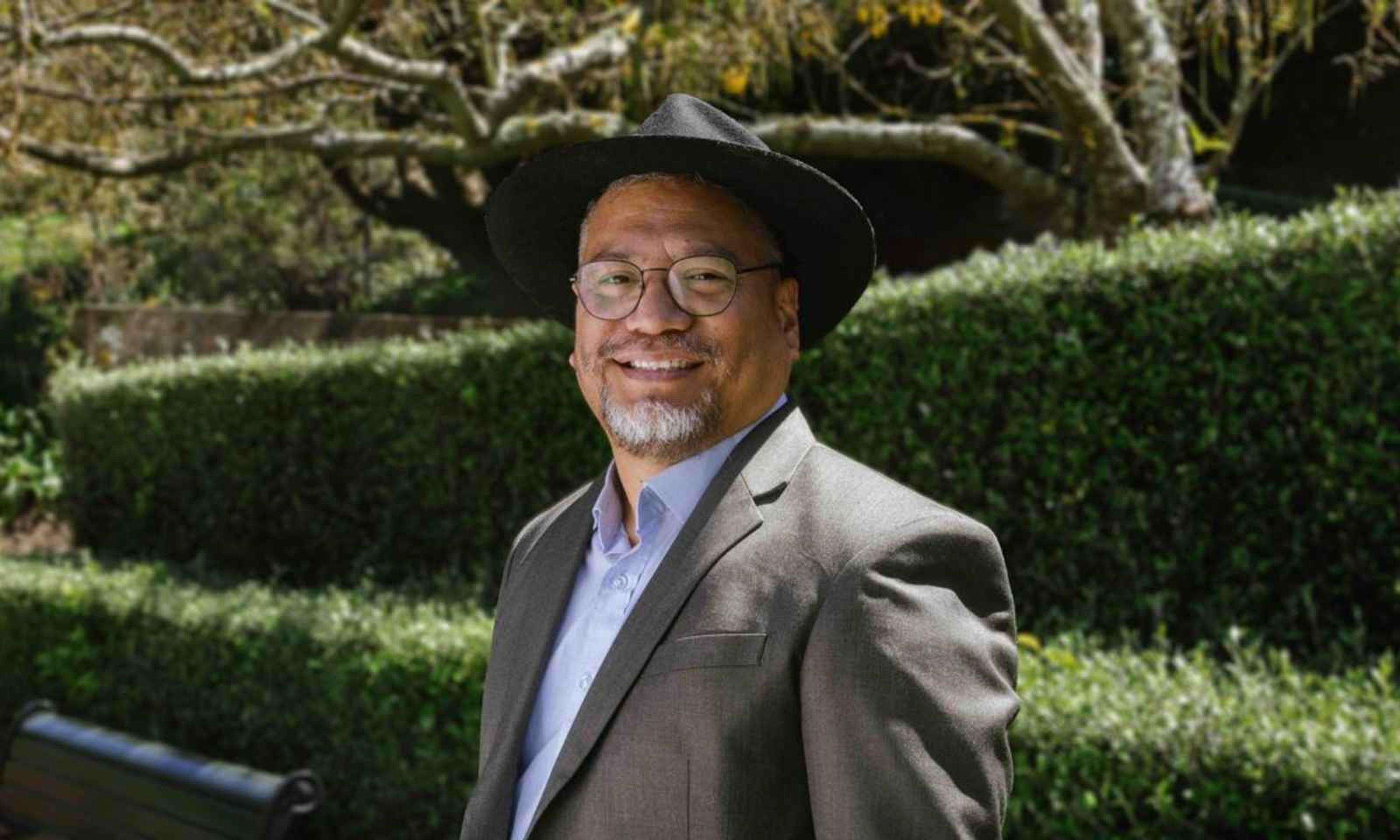
‘NZ couldn’t do the basics’: Green Party MP says the Gaza flotilla reflects a cry for action




‘NZ couldn’t do the basics’: Green Party MP says the Gaza flotilla reflects a cry for action
A new report reveals that New Zealand’s foreign aid will focus more on Southeast Asia and humanitarian efforts, while support for the Pacific remains a priority.
Though the three-year budget for New Zealand’s International Development Cooperation (IDC) programme has been trimmed by $7 million a year, the proportion of the funding allocated to global initiatives will increase by three per cent and humanitarian activities by four per cent.
As announced in last year’s Budget, New Zealand plans to spend almost $3 billion in foreign aid from 2024 to 2027. The NZ$800 million climate finance package (2022-2025) is ending soon, and future funding commitments remain uncertain.
In 2024, the Ministry of Foreign Affairs and Trade (MFAT) reviewed its IDC Programme to assess its alignment with the Government’s priorities.
The findings of this review were released on Wednesday. The review was requested by Foreign Affairs Minister Vaovasamanaia Winston Peters, who told a Pacific Islands Political Science Association (PIPSA) Conference in Wellington that the aim is to help improve New Zealand’s support for developing countries, especially in the Asia-Pacific region.
“While our development is generally aligned with Government priorities, some reshaping and streamlining is required. In short, we will achieve more impact by doing fewer, bigger, and better projects. This work is already underway."
He emphasises that the predominant focus is on the Pacific. New Zealand will intensify regional support with partners, including the United States, Australia, Japan, and Europe.
Peters stresses the importance of maintaining a high level of political engagement across the Pacific to ensure that New Zealand’s programmes align with its own and its partners’ priorities.
He says the Government plans to “work more strategically” with Pacific governments to strengthen their systems and enable them to deliver better services to their people.
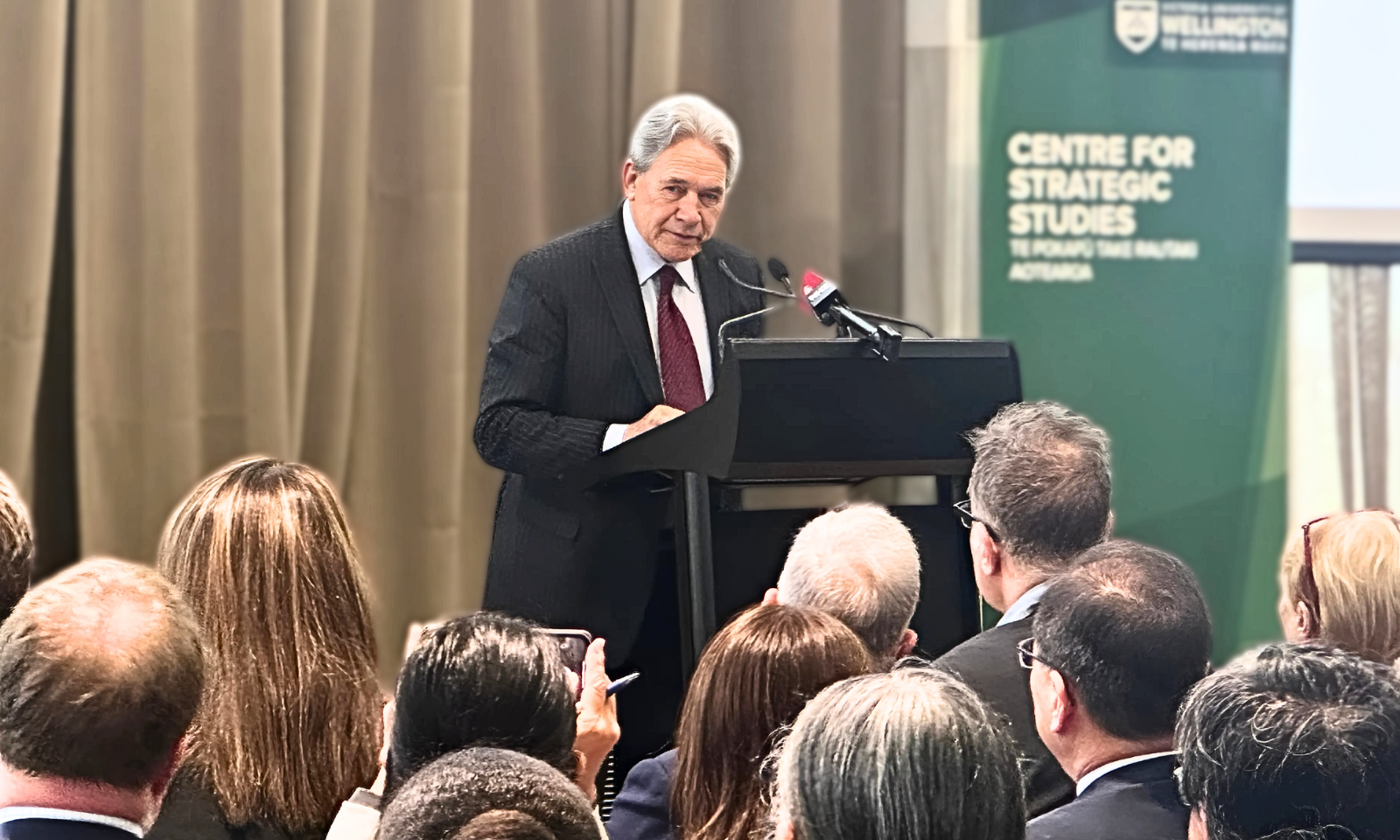
Foreign Minister Vaovasamanaia Winston Peters addresses the Pacific Islands Political Science Association (PIPSA) Conference in Wellington on Wednesday. Photo/Ala Vailala
Key findings from the report include:
Alignment with Government Priorities - The review found that the IDC Programme aligns well with the Government's goals over which countries and themes to focus on, though adjustments will be necessary for new initiatives.
Support for the Pacific - Funding for the Pacific region, which accounts for 60 per cent of IDC funds, aligns with Government priorities. But, improvements can be made in collaborating with key partners, including increased financial support for local organisations and seeking additional funding from other donors.
Global Funding Needs to Increase - Increased funding, specifically 55 per cent for Southeast Asia, is essential to meet the Government's goals. Further efforts are needed to assist conflict-affected areas.
Decreased Multilateral Efforts - The amount allocated for multilateral projects has decreased recently. The review highlights the need to focus on fewer key investments aligning with New Zealand’s development and foreign policy objectives.
Rising Humanitarian Assistance - Funding for humanitarian efforts has increased from six per cent to 10 per cent better to address growing needs in the Pacific region and globally. Collaborations with Australia and local partners are in progress, especially in response to increasing challenges posed by climate change and geopolitical tensions.
Performance and Monitoring - While most IDC activities are reported as effective, challenges remain in accurately tracking their performance. The programme’s involvement in various activities presents an opportunity to streamline efforts and improve efficiency, especially in addressing climate change.
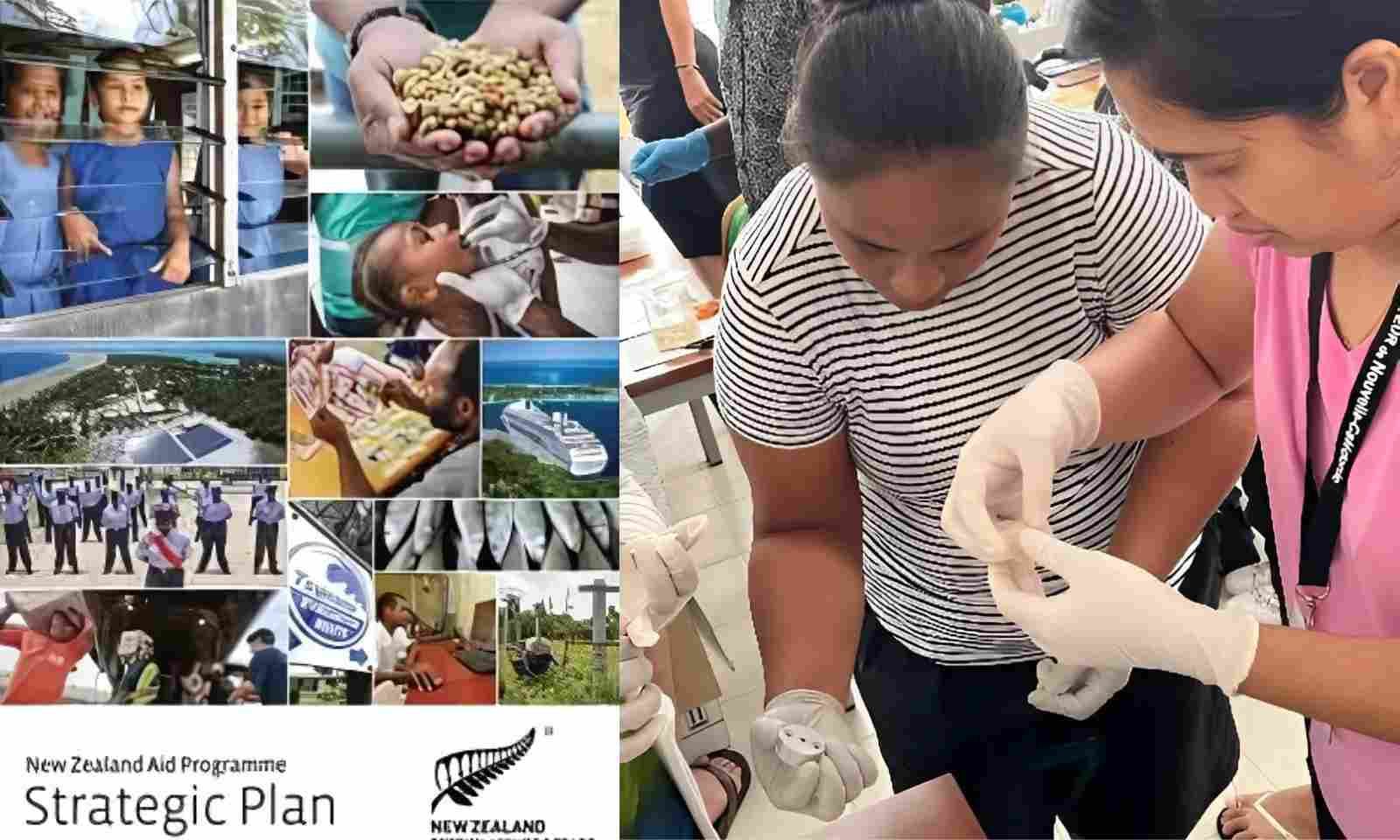
Peters says the IDC Programme provides funding, expertise, and support to enhance development and alleviate poverty in developing nations, especially in the Pacific region.
He also says humanitarian actions are important in responding to disasters and crises.
Peters adds that the Government intends to integrate development initiatives with foreign relations and environmental goals, reflecting New Zealand's values and international commitments.
“Greater development funding is being devoted to South East Asia to meet our ambition for closer relations overall with this important region," he says.
“We have also increased humanitarian funding in response to the scale of need regionally and globally. And we have reduced multilateral funding, to focus on those partners who make the most concrete impact.
“We see this work of reshaping our development programme as part of meeting our obligation to the New Zealand taxpayers whose continuing support underpins its social licence.”
The IDC Programme is funded by the government’s foreign affairs budget and is managed by the Ministry. It partners with various organisations to implement its initiatives.
For the 2024-2027 period, the IDC Programme has allocated a total budget of $2.910 billion, distributed as follows:
Pacific (60 per cent) $1.746 billion
Global (15 per cent) $437 million
Multilateral (10 per cent) $291m
Humanitarian (10 per cent) $291m
Strategic international development fund (4 per cent) $116m
Strategic evaluation and research fund (1 per cent) $29m
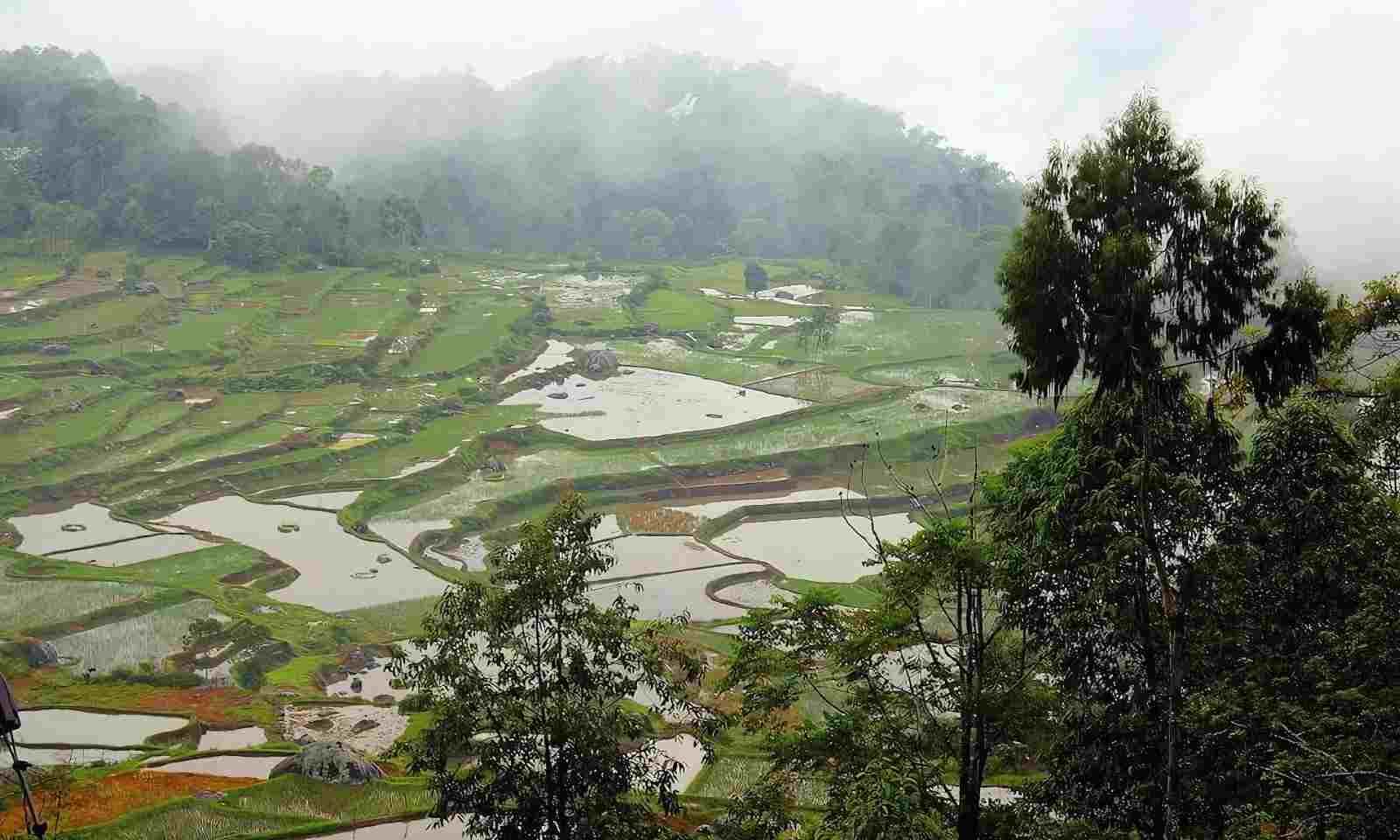
A shift in focus towards Southeast Asia means that while the Pacific remains a priority, there could be competition for resources. Photo/Theodor Benda